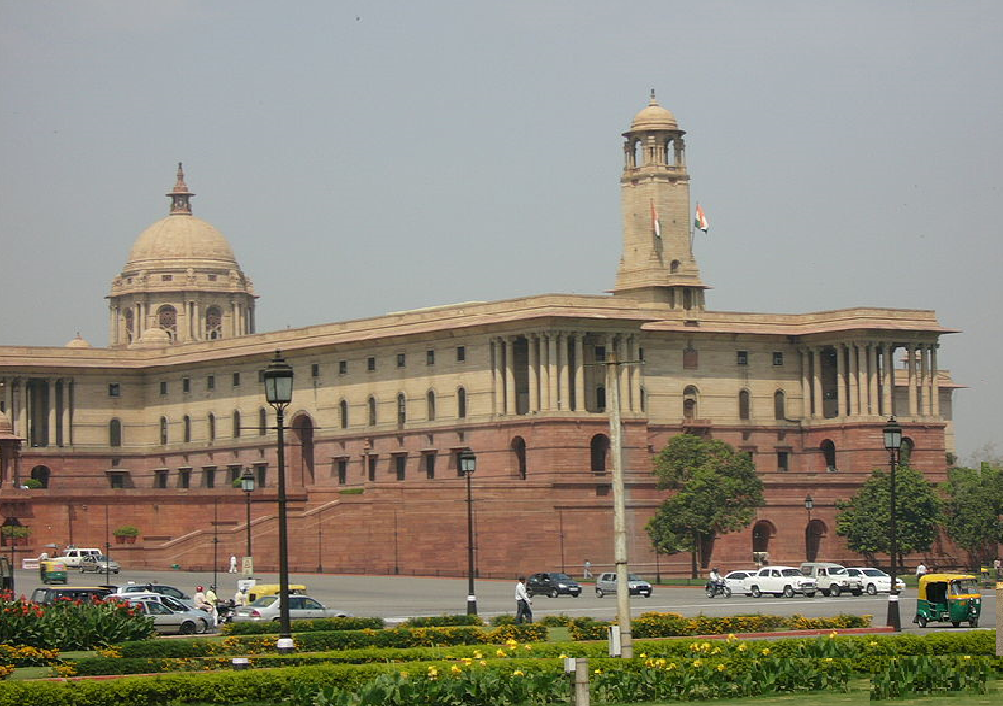Bill in Lok Sabha to give Delhi L-G more power: Here’s what it means

New Delhi, March 15: The Union government on Monday introduced in Parliament a bill that seeks to give overarching powers over Delhi’s daily functions to the Centre-appointed Lieutenant Governor (L-G).
Here is all you need to know about the bill and why it has prompted protests from the Delhi government and revived the power tussle for control of the Capital, as reported by the Hindustan Times:
-Union minister of state for home G Kishan Reddy introduced the Government of National Capital Territory of Delhi (Amendment) Bill, 2021, in the Lower House, where the government has a comfortable majority.
-The bill says the “government” in Delhi will mean the L-G in the context of all legislation passed by the city-state’s assembly.
-It makes it mandatory for the city government to seek the L-G’s opinion before any executive action.
-“The said bill will promote harmonious relations between the legislature and the executive, and further define the responsibilities of the elected government and the lieutenant governor, in line with the constitutional scheme of governance of National Capital Territory of Delhi, as interpreted by the Hon’ble Supreme Court,” read a statement of objects and reasons, attached with the draft legislation, attributed to Union home minister Amit Shah.
-Shortly after the bill was introduced, Delhi chief minister Arvind Kejriwal accused the Bharatiya Janata Party (BJP) of seeking to drastically curtail the powers of an elected city government.
-“After being rejected by people of Delhi (8 seats in assembly, 0 in MCD bypolls), BJP seeks to drastically curtail powers of elected government through a Bill in LS today. Bill is contrary to Constitution Bench judgement. We strongly condemn BJP’s unconstitutional n anti-democracy move,” he said.
-On July 4, 2018, the Supreme Court ruled that the L-G could not interfere in every decision of the Delhi government and must act on the aid and advice of the council of ministers.
-Delhi deputy chief minister Manish Sisodia called the bill unconstitutional and undemocratic. “After this bill is implemented, the elected government of Delhi will mean nothing. This is a dangerous amendment.”
-Delhi holds a unique position in India’s administrative framework.
-As a Union Territory, it is governed by the 1991 Government of National Capital Territory of Delhi Act that provides for both an elected assembly and an L-G appointed by the Union home ministry.
-But unlike full states, many important departments such as land, police, and personnel appointments do not come under the purview of the city government and report directly to the L-G.
-In July 2018, the top court ruled the L-G was bound to listen to the city’s elected government and could not act independently, prompting the Aam Aadmi Party government to claim victory.
-All decisions by Delhi’s council of ministers must be communicated to the L-G but his concurrence was not required, the five-judge bench headed by then Chief Justice of India Dipak Misra ruled.
-The amendment introduced on Monday decisively tilts the balance of power in favour of the L-G. It bars the Delhi government from making any rule to enable itself or its committees to consider the matters of day-to-day administration of the Capital or conduct inquiries in relation to the administrative decisions.
– Any rule made till this act comes into effect will be void, according to the bill. It further says that the Delhi assembly won’t be able to make rules for regulating, its procedure and the conduct of its business which are inconsistent with the Rules of Procedure and Conduct of Business in Parliament.
-According to the Centre, the amendments seek to clarify the expression of government in order to give effect to the interpretation made by the Supreme Court.
Sign up for our weekly newsletter to stay up to date on our product, events featured blog, special offer and all of the exciting things that take place here at Legitquest.




Add a Comment